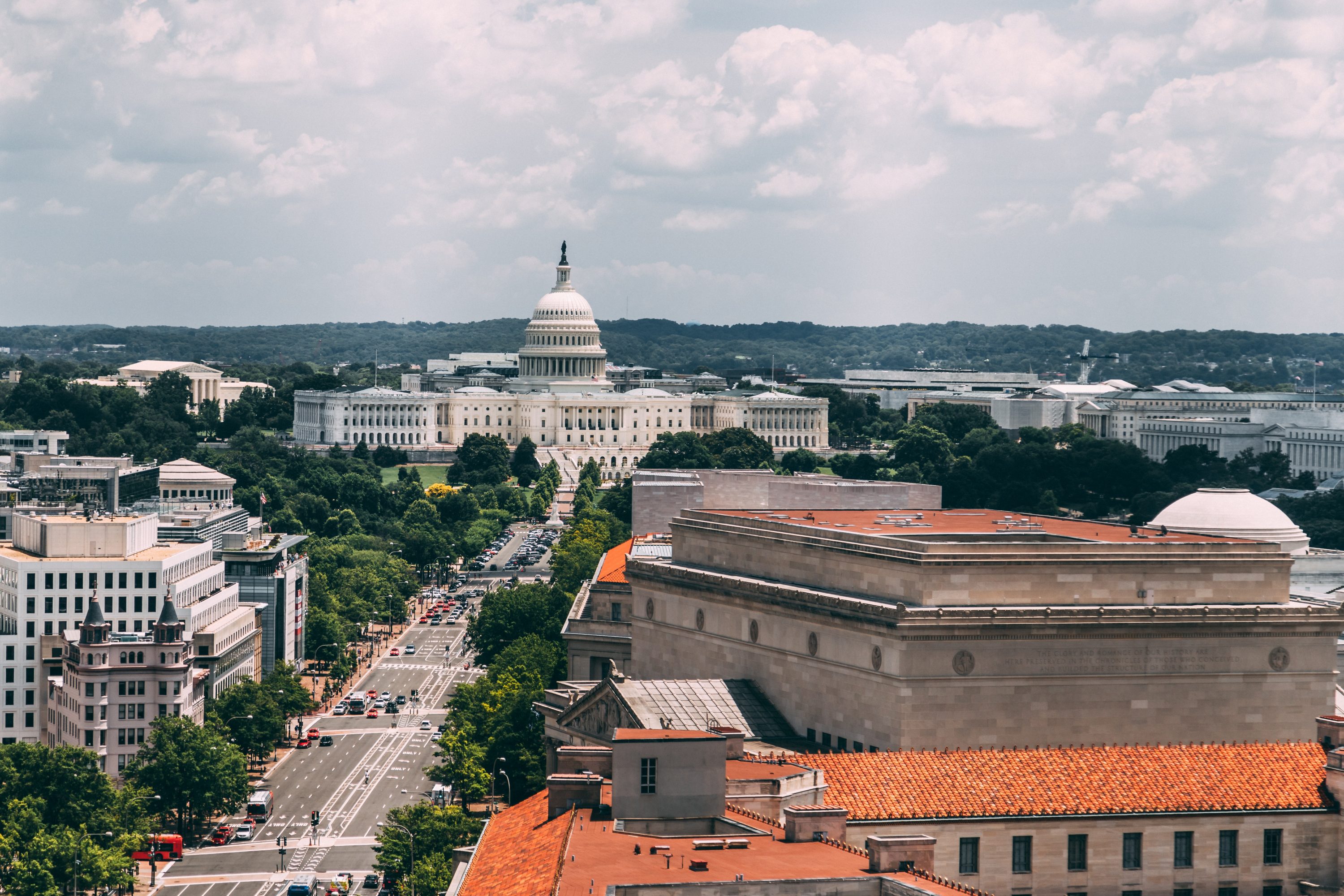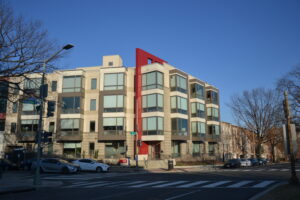Early this June, at-large Councilmember Robert C. White Jr. introduced the Restore the Vote Amendment Act of 2019. This bill would make D.C. the first jurisdiction in the country to restore voting rights to felons who are incarcerated, reversing the felony disenfranchisement instituted in D.C. in 1955 as part of the D.C. Election Act.
This editorial board believes in the necessity of this legislation in order to restore equity, promote democracy, and affirm the District’s right to make its own decisions about the laws affecting its residents.
The practice of stripping voting rights from incarcerated people has not always been canon in the United States. The constitution guarantees the right to vote to all American citizens and makes no exception for felons. When people enter the criminal justice system, they lose their freedom, but they don’t stop being citizens. In fact, many of them continue to contribute their labor, often with very little or no compensation, to the state or private corporations.
In accordance with the principles of democracy, these citizens deserve the right to have their voices heard. The dehumanization and lack of agency that prison life entails often make reentry into society difficult, if not impossible, and disenfranchisement only exacerbates these problems. The ability to vote is an affirmation of human agency and membership in society, something that can help incarcerated people maintain their connection to the world outside of prison, and even improve their transition back into it.
Despite not being in the constitution, disenfranchisement has been adopted on a state level at different points in history and with slight variations across the country, with racist motivations being the common denominator. Barriers to voting have always intentionally targeted African American voters.
During the Reconstruction period, several southern states tailored their disenfranchisement laws to target crimes that they associated with black citizens—including burglary, theft, and arson in Mississippi—and minimize the black male voter population. More recently, a Virginia politician drafting the state’s 1902 Constitution described the ban on felon voting as a way “to eliminate the darkey as a political factor.” In D.C., felony disenfranchisement was imposed in 1955 by the federal government, before the District had home rule and the ability, albeit limited by congressional oversight, to decide the rights of its own residents.
The effects of the racial divide perpetuated by felon disenfranchisement are still felt today, with over 7.4 percent of the adult African American population being barred from voting, compared to 1.8 percent of the non-African American population as of 2016. In the District the current statistics are even more staggering. The overall disenfranchisement rate is 2 percent, but for black men it’s 7.2 percent. Even more disturbingly, if D.C. were a state, it would have the highest incarceration rate of all the states in the U.S.
Knowing the unjust origin of disenfranchisement and seeing its pernicious effects persist is enough reason to eliminate it. Nearly half of D.C.’s residents are African-American, and as a result of disenfranchisement, black communities disproportionately suffer from a lack of voters and thus, lack of political attention and change. Politicians focus their efforts on places that can promise votes and support, and if a community can’t do that, it’s likely to be ignored, perpetuating a cycle in which underserved communities remain underserved. In an age when Americans are trying to reckon with the history of injustices perpetrated by our country, we must also focus on reversing this law and diminishing its contribution to racial disparities in our nation’s capital.
Today, hundreds of D.C. residents and American citizens, many from the most impoverished and marginalized communities, are excluded from the democratic process. While it may be tempting to think of felon re-enfranchisement in terms of its most evil beneficiaries, it is important to remember the contribution this would make to achieving a true, just democracy. It is unfair to deny an entire group of people the right to vote because of the heinous acts of a few that stick in our national memory––and even more so to deny voting rights to those who are making efforts at reformation, which should be the purpose of correctional facilities.
Instead of thinking of the most extreme hypotheticals, we must think of the practical reality of our political system and how this legislation would affect it. The reluctance to allow criminals to vote is based on the fear that their participation in the political process will somehow subvert and poison existing values and goals. But the right to vote as a vehicle to advance one’s needs and opinions is only as effective as the candidates and platforms they choose from. There has never been a “pro-crime” candidate and it is unlikely that there ever will be. Thus, in their capacity as voters, felons don’t differ very much from the rest of the population. On the other hand, voting would give incarcerated people the option to push for more humane prisons, encourage better reentry programs, and fight for their home communities, which can improve society for all.
This editorial board believes in the right of incarcerated people all over the country to their right to vote, but the fight for this legislation in D.C. is in some ways a uniquely important battle, inexorably tied to the question of D.C. statehood. There are no prisons in the District, meaning that prisoners are spread out across various federal facilities in the country. It is difficult for them to incite any kind of change or reform from local government because they are physically removed from their place of residency and from fellow community members, making voting rights all the more important.
Moreover, all D.C. residents are already disenfranchised through their lack of representation in Congress, which means that D.C. felons fall into a category of double disenfranchisement that deeply and unjustly entrenches them in powerlessness to enact change through our electoral system. By reversing a law imposed on the District by the federal government, D.C. can promote real progress toward racial equity and democracy while symbolically advancing the goal of autonomy and statehood.







